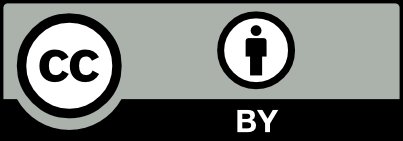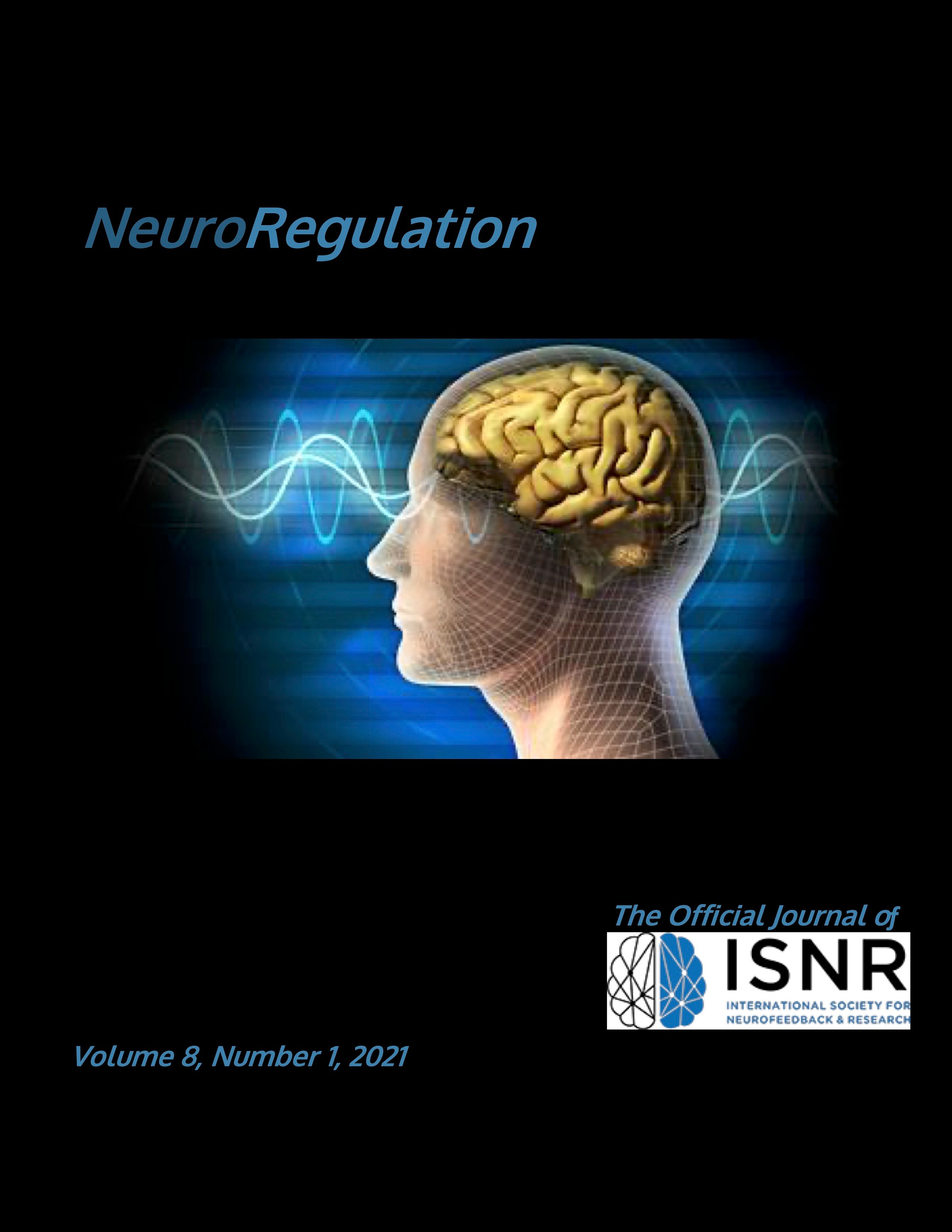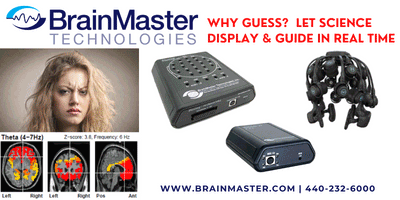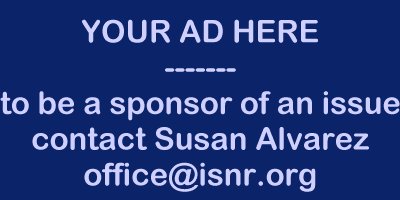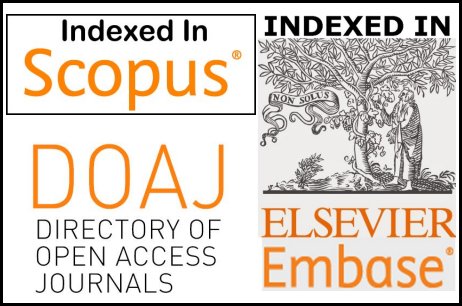Repetitive Transcranial Magnetic Stimulation (rTMS) for Decreasing Gambling Craving in Patients with Gambling Disorder: A Call for Advanced Clinical Investigations
DOI:
https://doi.org/10.15540/nr.8.1.69Keywords:
gambling craving, gambling disorder, repetitive transcranial magnetic stimulation, neuroregulation, neurotherapyAbstract
Gambling disorder (GD) is an addictive behavioral disorder that alters the frontostriatal neural circuitry and prefrontal control of reward-associated brain areas. An intrusion between prefrontal cortex and the mesolimbic reward pathway has been proposed as the major mechanism behind the pathogenesis of GD. Repetitive transcranial magnetic stimulation (rTMS) is a noninvasive treatment that utilizes magnetic fields to stimulate nerve cells linked to mood and behavioral control; this stimulation is usually applied either on the left or right side of the dorsolateral prefrontal cortex of the brain. rTMS selectively modulates the activities of brain circuits and possess the ability to overturn the alterations in the neurocircuitry of the brain linked to the pathophysiology of GD. rTMS adjusts impulsivity, cognitive/attentional control, cognitive plasticity, and decision-making, which are crucial in decreasing gambling craving and relapse. However, innovative clinical investigations are needed to analyze and establish the impact of rTMS on gambling craving and cessation, using a larger sample size.
References
Cardullo, S., Gomez Perez, L. J., Marconi, L., Terraneo, A., Gallimberti, L., Bonci, A., & Madeo, G. (2019). Clinical improvements in comorbid gambling/cocaine use disorder (GD/CUD) patients undergoing repetitive transcranial magnetic stimulation (rTMS). Journal of Clinical Medicine, 8(6), 768. https://doi.org/10.3390/jcm8060768
Cowlishaw, S., Merkouris, S., Chapman, A., & Radermacher, H. (2014). Pathological and problem gambling in substance use treatment: A systematic review and meta-analysis. Journal of Substance Abuse Treatment, 46(2), 98–105. https://doi.org/10.1016/j.jsat.2013.08.019
Garza-Villarreal, E. A., Alcala-Lozano, R., Fernandez-Lozano, S., Morelos-Santana, E., Dávalos, A., Villicaña, V., … Gonzalez-Olvera, J. J. (2021). Clinical and functional connectivity outcomes of 5-Hz repeated transcranial magnetic stimulation as an add-on treatment in cocaine use disorder: A double-blind randomized controlled trial. Biological Psychiatry: Cognitive Neuroscience and Neuroimaging, S2451-9022(21)00021-5. Advance online publication. https://doi.org/10.1016/j.bpsc.2021.01.003
Gay, A., Boutet, C., Sigaud, T., Kamgoue, A., Sevos, J., Brunelin, J., & Massoubre, C. (2017). A single session of repetitive transcranial magnetic stimulation of the prefrontal cortex reduces cue-induced craving in patients with gambling disorder. European Psychiatry, 41(1), 68–74. https://doi.org/10.1016/j.eurpsy.2016.11.001
Gómez Pérez, L. J., Cardullo, S., Cellini, N., Sarlo, M., Monteanni, T., Bonci, A., … Madeo, G. (2020). Sleep quality improves during treatment with repetitive transcranial magnetic stimulation (rTMS) in patients with cocaine use disorder: A retrospective observational study. BMC Psychiatry, 20(1), 153. https://doi.org/10.1186/s12888-020-02568-2
Lefaucheur, J.-P., André-Obadia, N., Antal, A., Ayache, S. S., Baeken, C., Benninger, D. H., … Garcia-Larrea, L. (2014). Evidence-based guidelines on the therapeutic use of repetitive transcranial magnetic stimulation (rTMS). Clinical Neurophysiology, 125(11), 2150–2206. https://doi.org/10.1016/j.clinph.2014.05.021
Limbrick-Oldfield, E. H., van Holst, R. J., & Clark, L. (2013). Fronto-striatal dysregulation in drug addiction and pathological gambling: Consistent inconsistencies? NeuroImage: Clinical, 2, 385–393. https://doi.org/10.1016/j.nicl.2013.02.005
Okechukwu, C. E. (2019). Role of exercise in the treatment of gambling disorder. Nigerian Journal of Experimental and Clinical Biosciences, 7(1), 50–54. https://doi.org/10.4103/njecp.njecp_11_19
Pettorruso, M., Di Giuda, D., Martinotti, G., Cocciolillo, F., De Risio, L., Montemitro, C., … NST Study Group (2019). Dopaminergic and clinical correlates of high-frequency repetitive transcranial magnetic stimulation in gambling addiction: A SPECT case study. Addictive Behaviors, 93, 246–249. https://doi.org/10.1016/j.addbeh.2019.02.013
Pettorruso, M., Martinotti, G., Montemitro, C., De Risio, L., Spagnolo, P. A., Gallimberti, L., … Brainswitch Study Group (2020). Multiple sessions of high-frequency repetitive transcranial magnetic stimulation as a potential treatment for gambling addiction: A 3-month, feasibility study. European Addiction Research, 26(1), 52–56. https://doi.org/10.1159/000504169
Pettorruso, M., Miuli, A., Di Natale, C., Montemitro, C., Zoratto, F., De Risio, L., … di Giannantonio, M. (2021). Non-invasive brain stimulation targets and approaches to modulate gambling-related decisions: A systematic review. Addictive Behaviors, 112, 106657. https://doi.org/10.1016/j.addbeh.2020.106657
Zucchella, C., Mantovani, E., Federico, A., Lugoboni, F., & Tamburin, S. (2020). Non-invasive brain stimulation for gambling disorder: A systematic review. Frontiers in Neuroscience, 14, 729. https://doi.org/10.3389/fnins.2020.00729
Downloads
Published
Issue
Section
License
Authors who publish with this journal agree to the following terms:- Authors retain copyright and grant the journal right of first publication with the work simultaneously licensed under a Creative Commons Attribution License (CC-BY) that allows others to share the work with an acknowledgement of the work's authorship and initial publication in this journal.
- Authors are able to enter into separate, additional contractual arrangements for the non-exclusive distribution of the journal's published version of the work (e.g., post it to an institutional repository or publish it in a book), with an acknowledgement of its initial publication in this journal.
- Authors are permitted and encouraged to post their work online (e.g., in institutional repositories or on their website) prior to and during the submission process, as it can lead to productive exchanges, as well as earlier and greater citation of published work (See The Effect of Open Access).
